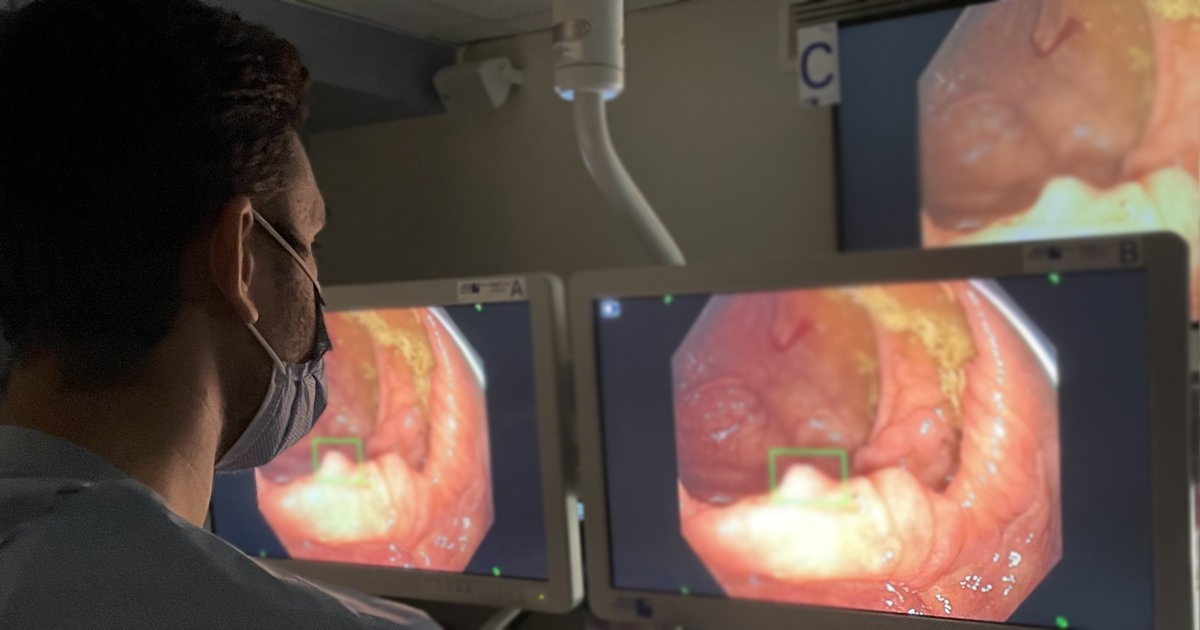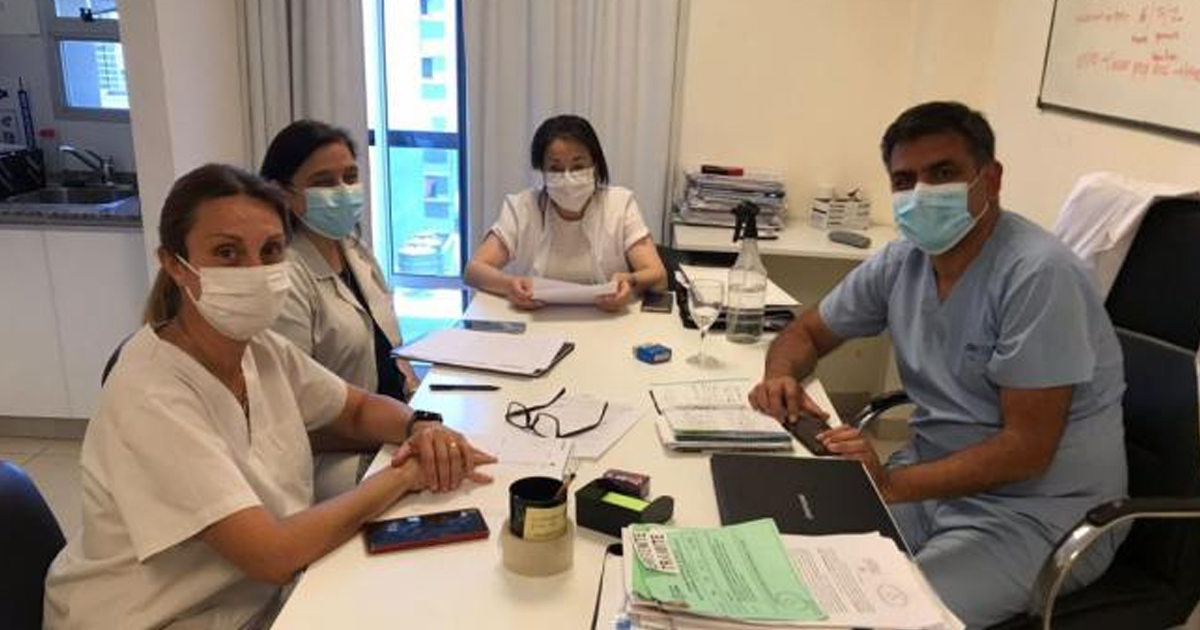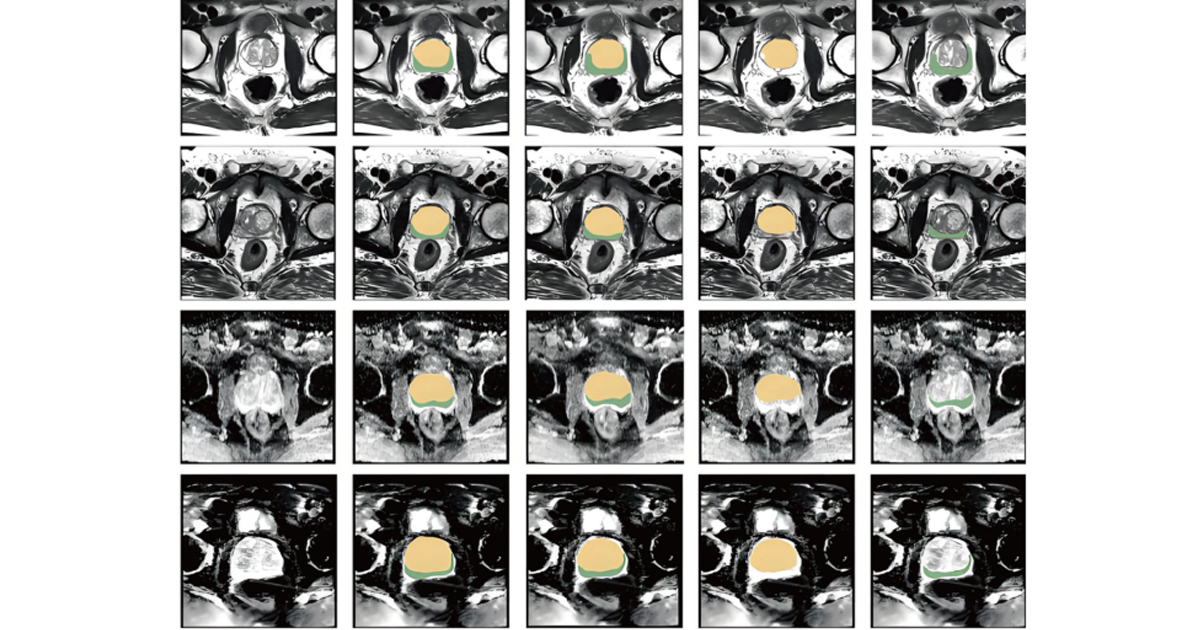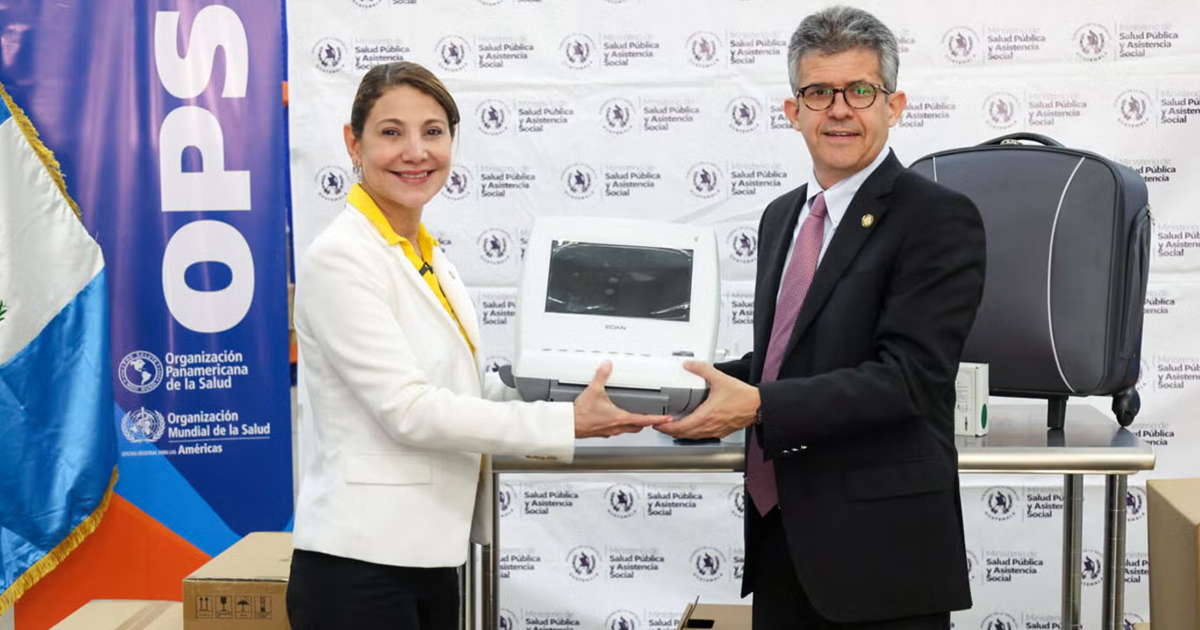The Artificial Intelligence (AI) es una herramienta moderna para la lucha contra enfermedades, a través de la prevención y la mejora de los diagnósticos de enfermedades como el cáncer.
The Harvard Gazette entrevistó al investigador y médico Tyler Berzin, quien fue coautor de un estudio que mostró como a través de aprendizaje profundo and AI es posible mejorar la precisión en las pruebas de detección de cáncer de colon.
El estudio de Berzin y sus colegas fue publicado por la Asociación Americana de Gastroenterología (AGA, en inglés) bajo el título: Aprendizaje profundo la detección de pólipos asistida por computadora reduce la tasa de falta de adenoma: Un estudio de colonoscopia en tándem aleatorizado en múltiples centros de EE.UU.
Dicho estudio utilizó AI para mejorar los resultados de la colonoscopia, la herramienta más importante en la lucha contra el cáncer de colon, sin embargo, todavía insuficiente para la detección tempana. “La colonoscopia es la herramienta más eficaz para prevenir el cáncer de colon, pero existe una gran variabilidad entre los médicos individuales en su capacidad para detectar pólipos precancerosos”, explicó Berzin.

La variabilidad se relaciona con la eficacia, y estas pruebas requieren de muchos profesionales, enfermos, técnicos, gastroenterólogos. La AI, puede ayudar a mejorar el rendimiento de los profesionales, según explica Berzin: “La inteligencia artificial podría actuar como un par de ojos adicional, sin distracciones y sin fatiga”.
Los pólipos son muy planos, según explica el especialista, y suelen mezclares con la mucosa circundante. La tecnología de AI se encuentra entre el colonoscopio y el monitor de endoscopia y procesa la imagen, posteriormente la imagen es procesada y se transmite en el monitor, donde se alerta donde se pueden ubicar los pólipos sospechosos.
Los pólipos son reconocidos por un algorithm of visión por computadora basado en aprendizaje profundo. que además está diseñado para aprender a detectar ciertos objetos cuando tiene suficiente información. Esto ha logrado una mejora de 30% en la detección de pólipos pre cancerígenos.
Finalmente, Berzin explica sobre los procesos actuales de la Administración de Medicamentos y Alimentos (FDA, en inglés), en EE.UU. “La FDA acaba de aprobar el primer sistema de AI para la detección de pólipos, y está comenzando a implementarse en un puñado de centros en todo el país”.







